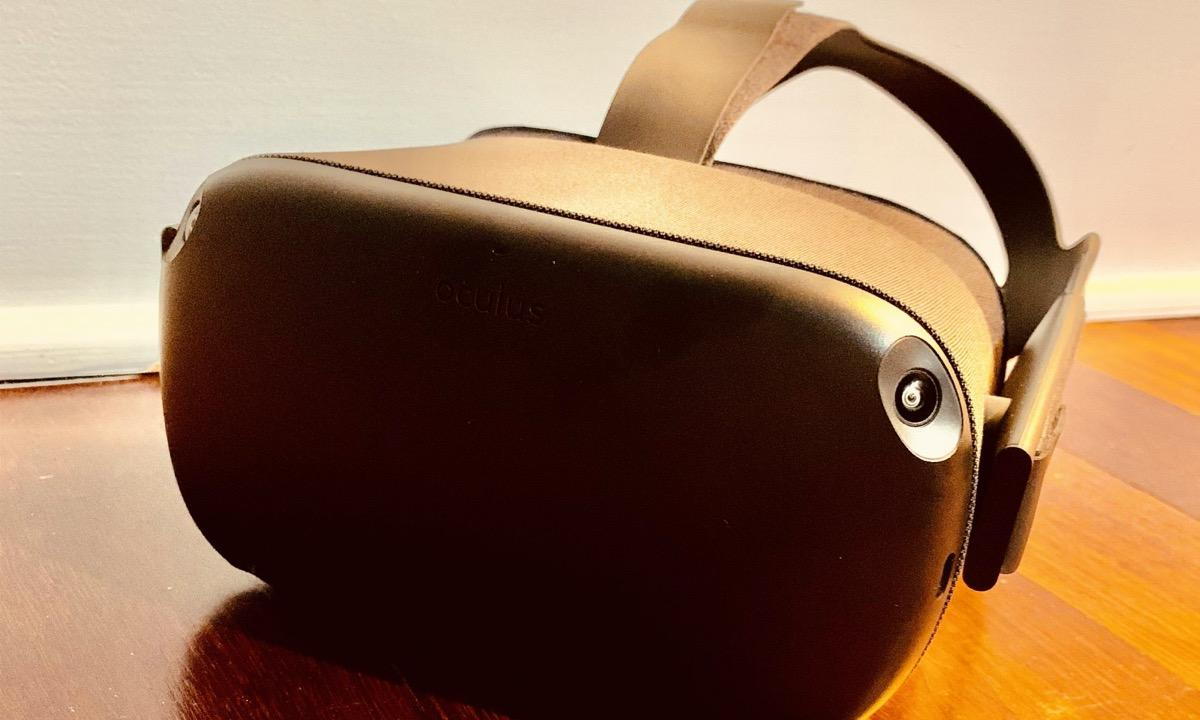
A new study published in the Journal of Medical Signals and Sensors has added to research showing that virtual reality (VR) can be helpful to help treat claustrophobia. The software in this study simulated an elevator moving to the tenth floor and also a magnetic resonance imaging (MRI) device). Researchers found that it was helpful to reduce anxiety and was accessible and easy for people to use it. The study also examined different dimensions of how playable the game was, including how motivation, satisfaction, effectiveness, usability, and learnability.
This study adds to the emerging, promising research using VR technology as a way to address various types of anxiety disorders. Another recent study has examined whether virtual reality could be used social anxiety as well. VR technology is not just limited to the therapist office either. One large study found that immersive virtual reality could be used as a distraction tool to reduce pain, anxiety, and help with anger management in the emergency room. Another study found that VR can help successfully reduce anxiety in children undergoing dental procedures. VR can also teach mindfulness skills to help people with generalized anxiety disorder and post-traumatic stress disorder (PTSD).
Virtual reality technology creates simulated real-world environments so that people can work on their fears of certain situations. Studies have used VR games with advancing levels to simulate elevators, houses, tunnels, corridors, caves, and basements. These VR simulations can be used in therapies like exposure therapy for phobias. Exposure therapy is a type of behavior therapy to treat anxiety disorders and gradually puts the person in real-world situations that triggers anxiety. Over time, one is able to face the threatening condition with less anxiety over time.
Furthermore, the gamification of VR treatment can also be a useful way to engage and incentivize participation in exposure therapy by providing levels and positive rewards. One game simulated four VR rooms that gradually became darker and smaller over time and found that anxiety decreased each time people played.
Several studies have found that VR therapy can help shorten the length of treatment for anxiety and save on time and cost. It can also help therapists be able to provide more exposure therapy in an accessible way in therapy sessions either in person or remotely and in settings like hospitals and emergency rooms.
Some of the challenges of this technology is how expensive the computer system and VR glasses. Nevertheless, the research in VR in the treatment of anxiety disorder is fast becoming a promising tool.
Article written by:
Marlynn Wei, M.D., J.D., is a board-certified Harvard and Yale-trained psychiatrist and therapist in New York City. https://www.psychologytoday.com/us/blog/urban-survival/201903/research-finds-virtual-reality-can-help-treat-anxiety
